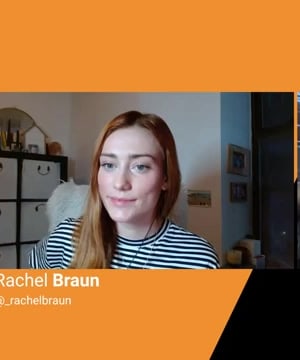Passive Consumption
Sources:
The concept of "passive consumption" refers to engaging with media or content in a non-interactive, unengaged manner, often leading to less meaningful experiences and reduced retention of information. Several experts have shed light on this topic across different contexts:
-
Riva Tez emphasizes the necessity of being critical about what media we consume, stressing that passive consumption doesn't add value to one's intellectual growth. She prefers engaging in activities that stimulate learning and reflection over standard entertainment like watching Netflix 1.
-
Cal Newport discusses the transformation of information from passive to active formats to enhance learning and retention, like copying notes from digital devices to physical paper to encourage active engagement with the material 2.
-
Catherine Price suggests that the dominance of passive recreation through digital devices consumes a substantial portion of our free time. She advocates for engaging in more "active leisure" activities that involve social interaction and physical participation, which can be more revitalizing and fulfilling 3.
-
Emily Herrera explores the transition from passive to active consumption, noting a shift toward financial support for creators and a more interactive engagement with content, which significantly influences consumer behavior and the marketing landscape 4.
-
Edmund Phelps contrasts engaging and rewarding activities with passive leisure, highlighting the societal shift towards more passive enjoyments and questioning their value compared to more engaging pursuits 5.
-
Gary Vaynerchuk discusses passive audio consumption, highlighting its convenience and the increasing popularity of podcasts. He raises concerns about the need for content creators to deliver valuable and engaging material, rather than just fulfilling passive consumption desires 6.
-
Katrina Onstad differentiates between passive and active recreation, explaining that while passive activities like watching TV may seem relaxing, they can actually contribute to feelings of burnout rather than rejuvenation. She advocates for engaging in active leisure to truly refresh oneself 3.
These insights collectively underscore the importance of moving from passive consumption towards more engaged and conscious media interactions.
RELATED QUESTIONS-

